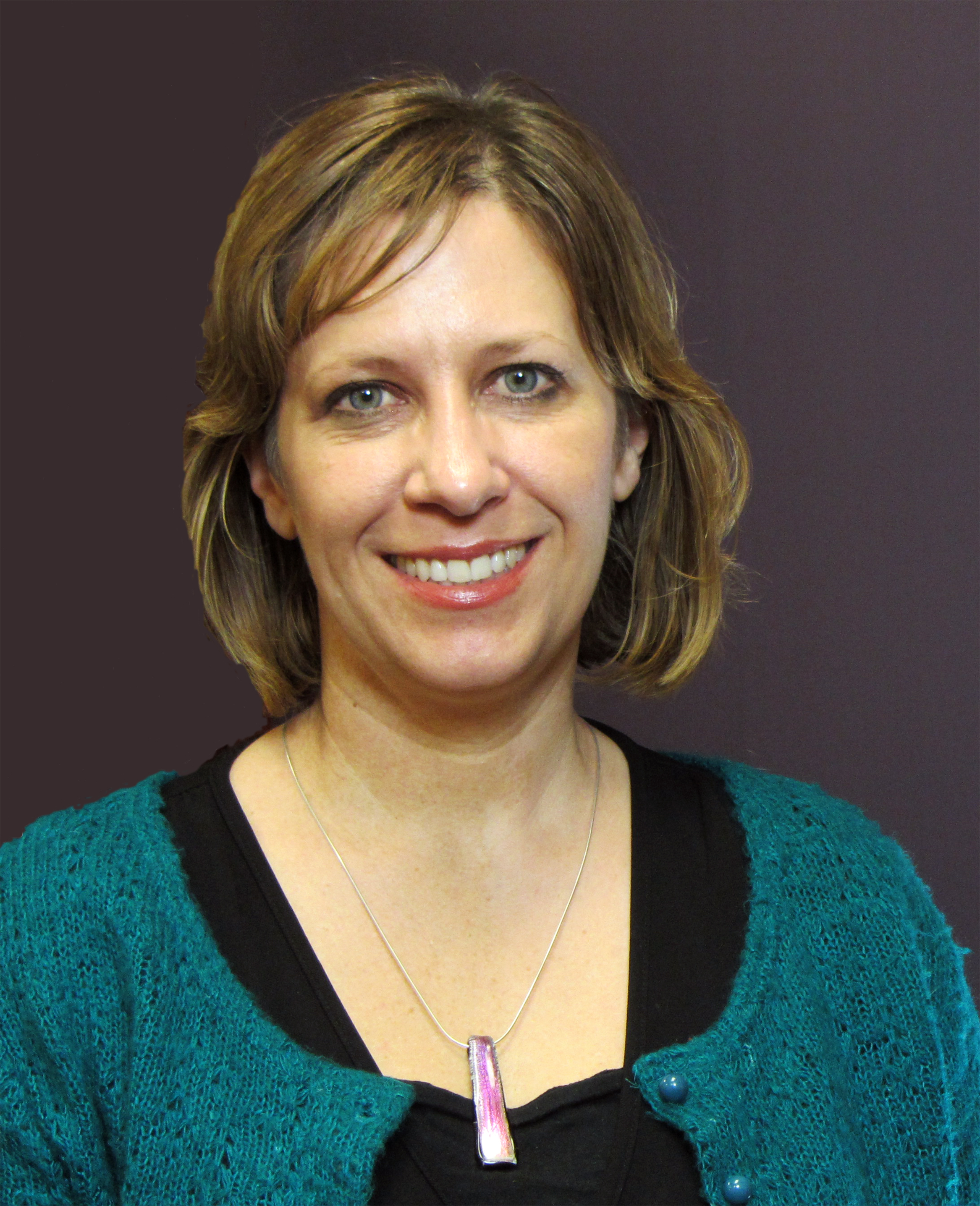If you're looking for a vacation, skip the Peace Corps

Pack light and learn five new words a day.
Those are two of the many pieces of advice a hopeful international volunteer might hear from Virginia Tech Peace Corps recruiter and graduate student Rachael Kennedy of Blacksburg.
Raised in a service-minded family, as a child Kennedy sang songs and painted the nails of elderly women in nursing homes. As a college student, she helped build porches in rural Appalachia in Georgia. And right after earning a master's degree, she stuffed her backpack with a large sack of herbal medications, a journal, and "far too many clothes" and set off for rural Uzbekistan to serve in the Peace Corps as a health extension volunteer.
"Like most clothing-obsessed Americans, I packed a lot of clothes, but once I got there I wore very few of them," Kennedy says. "I learned that it was in my best interest to wear the clothes of the people that I lived around. The women in my village loved making dresses for me and were always excited to see me wear them because they could see that I was choosing to honor their culture."
One of the more challenging aspects of deploying for the Peace Corps is learning new languages. For Kennedy, it was particularly demanding. She had to learn not only Uzbek and Russian, but also Tajik, the language spoken by people in the village of Musicha, a small, isolated community of 200 people where she served.
Though Uzbek was the main language in Bukhara, a larger city where Kennedy also worked at a maternal hospital and ran a health club out of the university, she had to know enough Russian to get by in the larger cities. She became fluent in Uzbek in just three months.
"One of the strategies I used was to commit to learning five new words a day, how to read them, write them, and speak them like a local," Kennedy says.
Though her service was more than a decade ago, the veteran volunteer still becomes passionate when talking about her experiences in Uzbekistan. As a Peace Corps recruiter, in addition to helping students work through the qualification and application process, Kennedy encourages Virginia Tech students to consider what it’s really like to step away from the safety and security of everything they know in order to volunteer in a foreign country for two years.
"It's very important for anyone who wants to go abroad to be well informed about their reason for going. If it's just to go abroad, there are a lot of ways to do that," Kennedy says. "The Peace Corps is not about taking an extended vacation or a visit to an exotic land. It's about truly living in a culture that is different from ours. This understanding shifted my thinking to the idea that it's not just about being of service, it is being in service with others. So in the end you don’t say, they benefited, you say, we benefited."
Kennedy earned a bachelor's degree from the University of Georgia and a master's degree in nutrition education from the University of North Carolina at Greensboro. After an 11-year public health career, she came to Virginia Tech to pursue her doctorate in the Department of Agricultural, Leadership, and Community Education.
As a 2014 recipient of a research fellowship, Kennedy conducted preliminary field work for her dissertation in Turkey. Her proposed topic, "Establishing nourishing food networks in an era of global-local tensions: Turkey’s Çanakkale Province," pulls from her community viability experiences abroad, her knowledge of food and nutrition, and her focus on community food systems.
"Turkey has many social, economic, and environmental concerns contributing to their poverty and health challenges," Kennedy says. "Sustainability issues in their food systems exacerbate the problem."
More recently, Kennedy was recognized by the Virginia Tech Graduate School as a Citizen Scholar for her project, "Cultivating a Regional Food system Plan."




